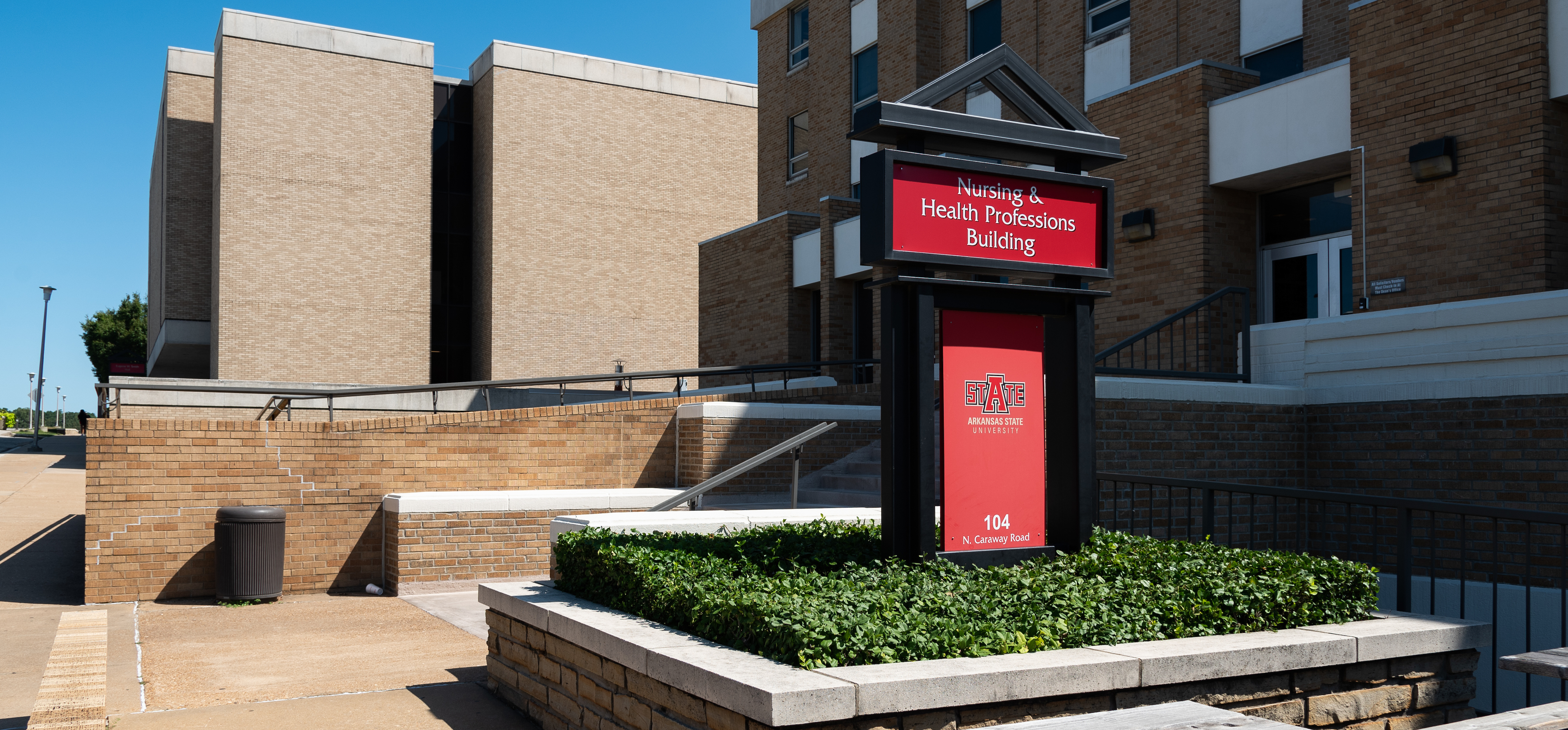Degree Name
Nursing Practice, DNP
Publication Date
Spring 4-14-2025
Upload Date
May 4th, 2025
First Advisor
Dr. Sandy King
Second Advisor
Dr. Cassandra Elliot
Abstract
College students who have endured trauma through experiences in the foster care system, homelessness, justice system involvement, poverty, violence, and/or abuse are at greater risk of not completing college and returning to the circumstances that perpetrated their initial traumas. These students are known as “hidden populations.” Mentorship and resources can help these students to break the social and economic cycles that have placed them in a high-risk category. Higher education faculty are in a unique position to help bridge the gap that exists for these students. The problem can be impacted by more faculty being aware of the population and intervening on behalf of and with students included in the hidden population. This can impact the students’ ability to access resources that can improve their success in college and allow stabilization of the student's socioeconomic outlook in terms of hunger, housing, education, income potential, and self-efficacy. Faculty training on Adverse Childhood Experiences (ACE) scores, prefrontal cortex development, executive functioning, and demonstration of how referrals are submitted gave faculty the needed tools to intervene on behalf of students in need. Pre-experimental data was collected through a pre- and post-training survey. Quantitative data detailing resource referrals and usage for the 2024 semesters and was used to compare spring data to fall semester when the faculty trainings occurred. Faculty referrals were increased except for conduct referrals, which decreased. All but one of the resource usage quantities increased. These are seen as evidence of a positive impact of faculty training.
Rights Management

This work is licensed under a Creative Commons Attribution-NonCommercial 4.0 International License
Recommended Citation
Wetmore, Jimmie K., "Impact of Hidden Populations Through Faculty Identification and Intervention in Higher Education" (2025). Doctor of Nursing Practice Projects. 120.
https://arch.astate.edu/dnp-projects/120


